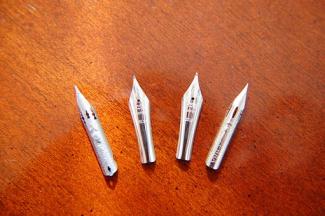Are electronic signatures valid?
Matthew Howe 07-09-2018
Until 21 August 2018, there was some uncertainty surrounding the use of eSignatures, despite the introduction of the Electronic Communications Act 2000, nearly two decades ago.
Following a recent study, The Law Commission has now confirmed that eSignatures can be used to sign formal legal documents, and preliminary findings propose that video links may fulfil witness requirements for signatures on deeds.
The proposals have been welcomed by the Land Registry who are currently attempting to digitise the process of house buying and will no doubt be welcomed by other bodies and organisations.
The Law Commission's study concluded that no further primary legislation was needed on the basis that the combination of EU law, statute and case law meant that under the current law, an electronic signature was capable of meeting the statutory requirement for a signature, if an authenticating intention is demonstrated.
The Commission does however stress that its proposals are provisional and following public consultation, will be finalised.
In order to clarify and build certainty in the law, the Commission is seeking further views on a number of issues such as:
- whether or not there should be “signing platform” where eSignatures need to be witnessed (which would entail the parties logging in to the same signing platform or requiring a signatory to acknowledge that they have signed the document after the event);
- Whether webcams or video links could be used instead of a physical witness; and
- The formulation of experts in the industry to monitor the use of eSignatures and advise on technological developments.
It will be interesting to see how this progresses, but it seems inevitable that eSignatures will become more and more common, in the coming years.

